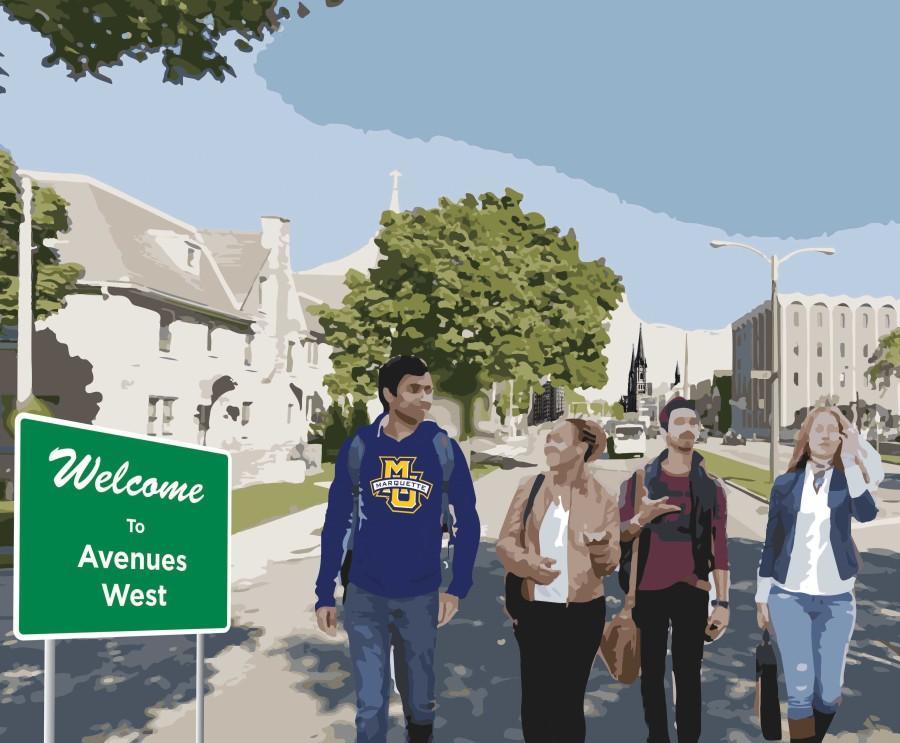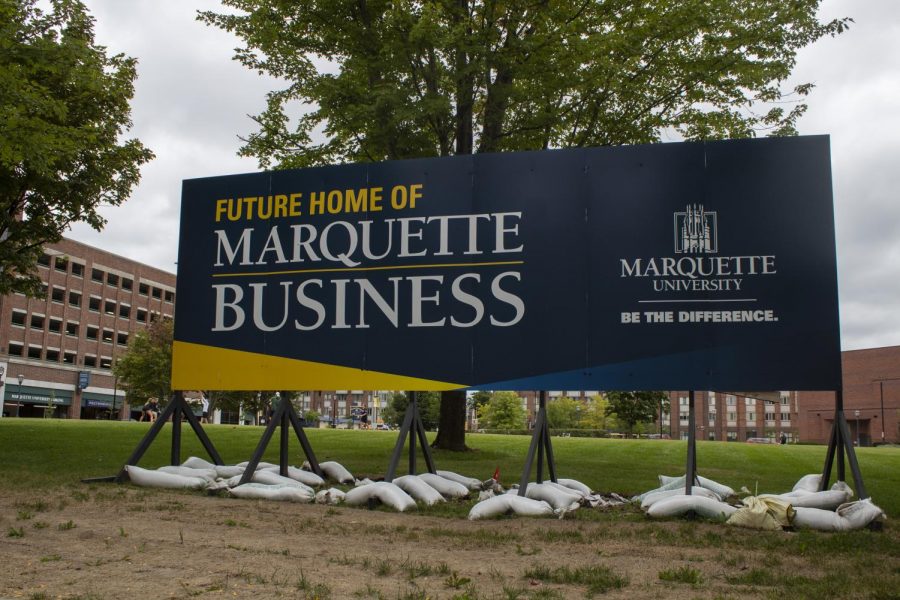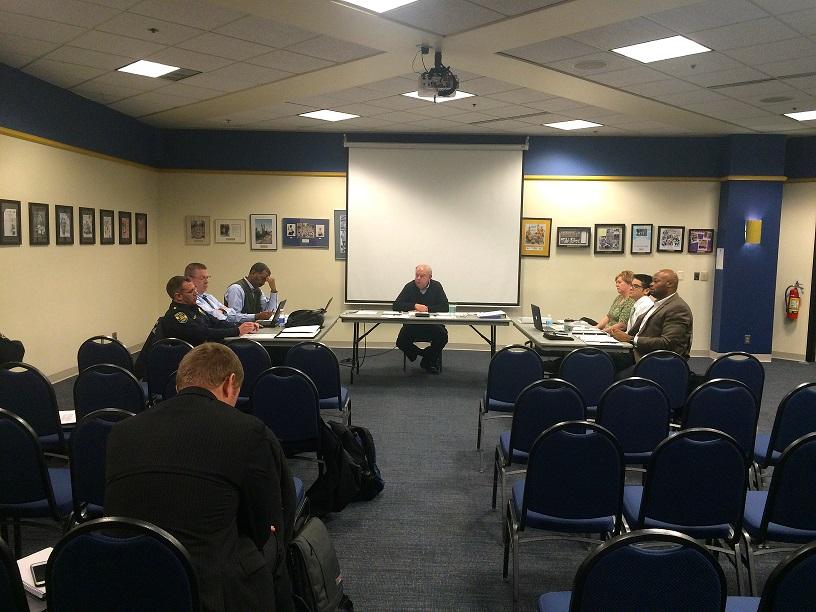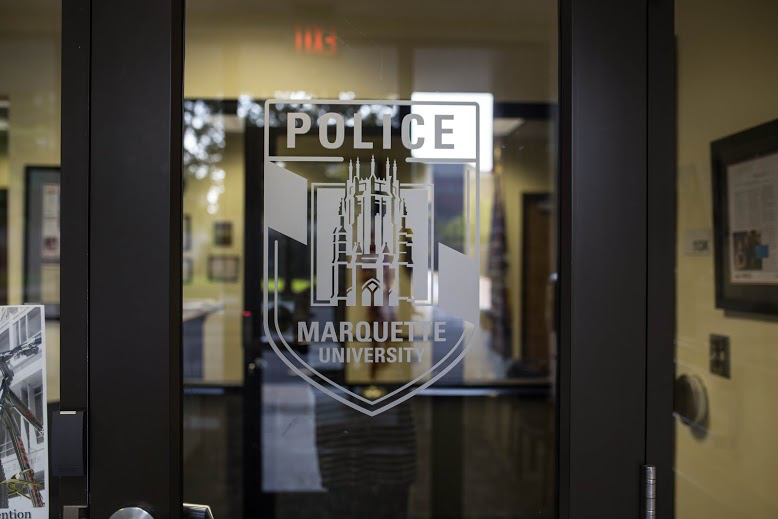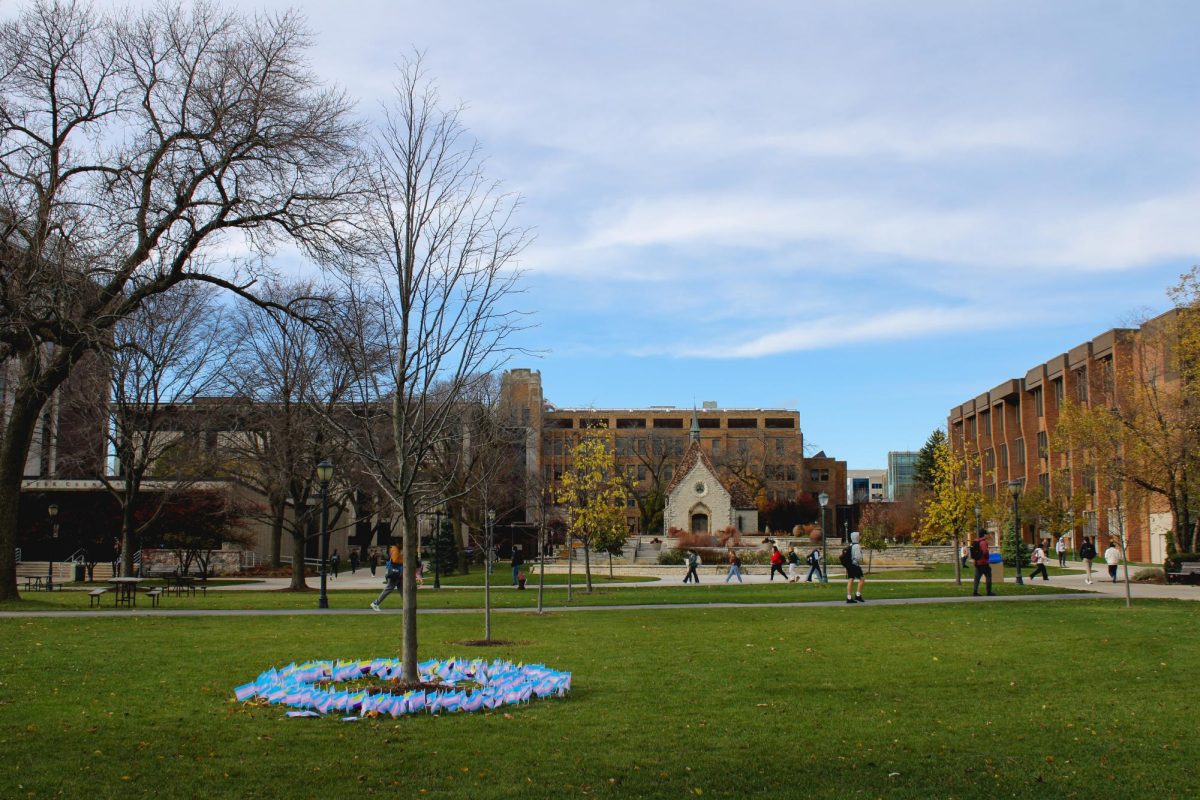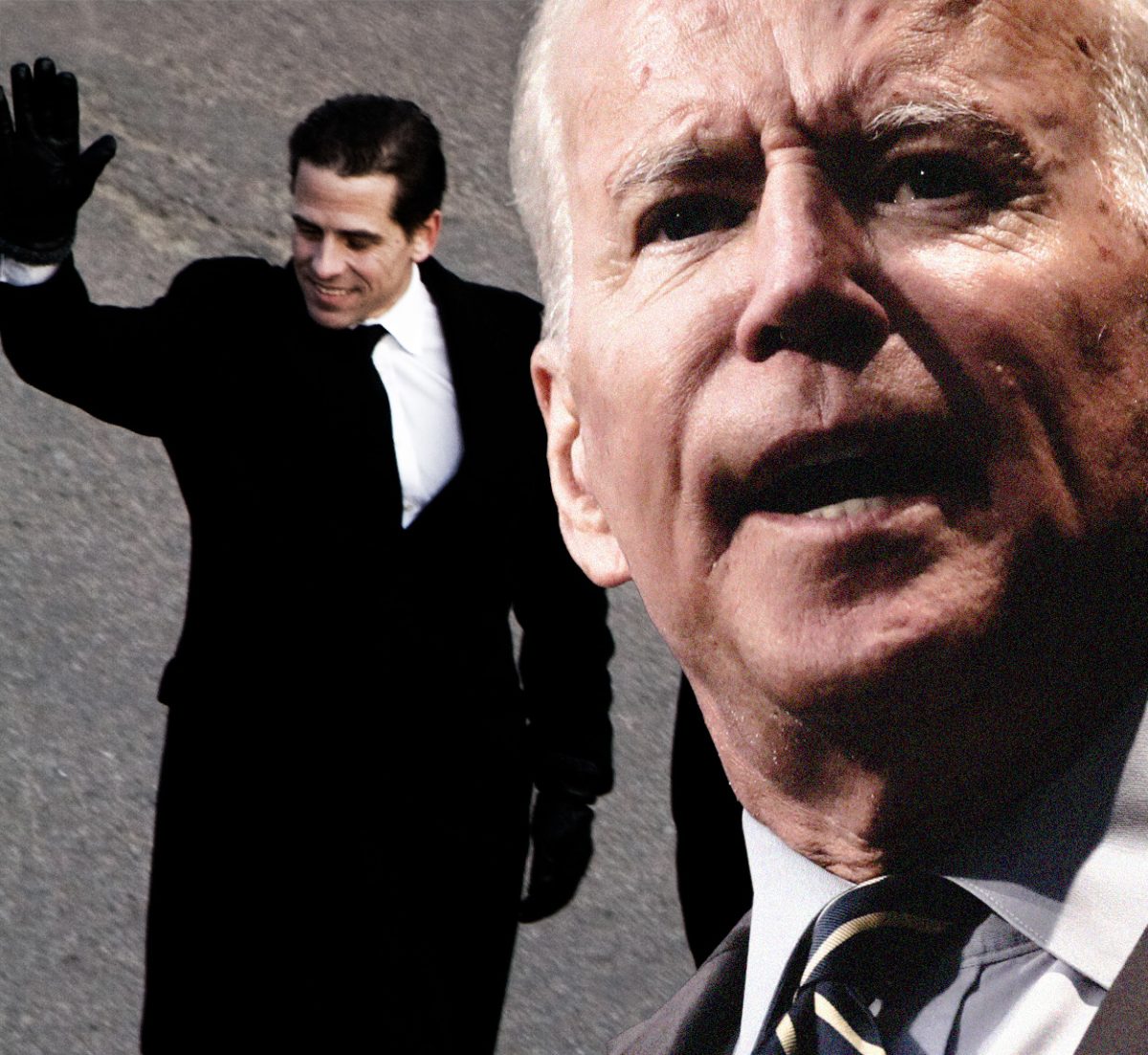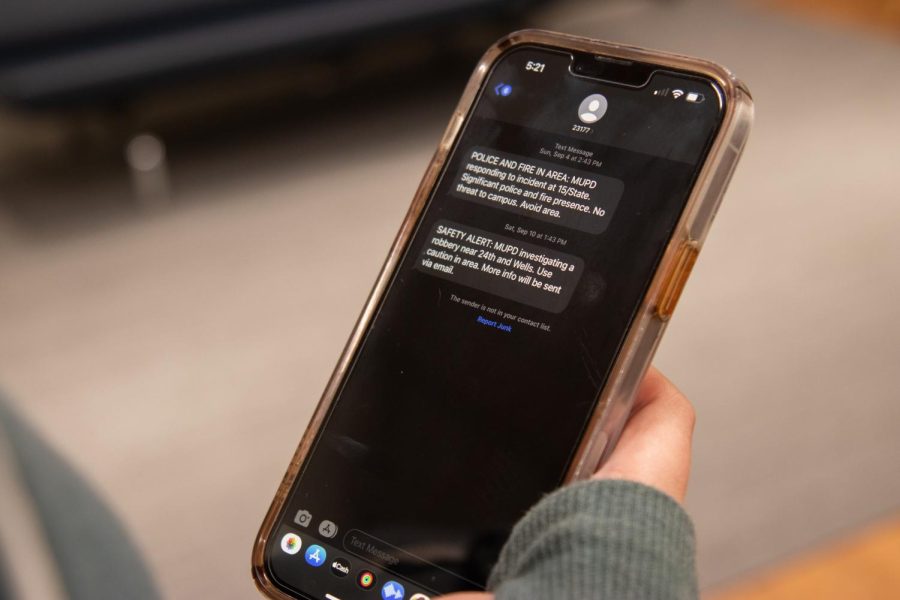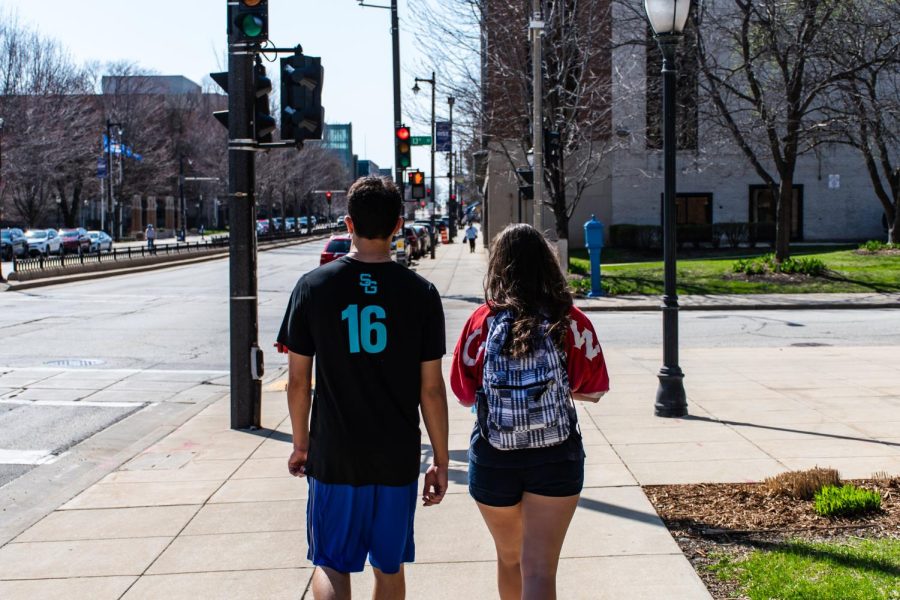Marquette students are invited to participate in a community initiative that envisions our Avenues West neighborhood preserved, enhanced and transformed. If we as a student body accept the invitation to help foster and grow Avenues West, we need to instill changes in the ways we talk about and act within our neighborhood.
On Sept. 30, University President Michael Lovell addressed Marquette’s participation in the Near West Side Partners’ initiative called Promoting Assets and Reducing Crime (PARC). Near West Side’s mission states its intent is “to revitalize and sustain the Near West Side as a thriving business and residential corridor, through collaborative efforts to promote economic development, improved housing, unified neighborhood identity and branding and greater safety for residents and businesses.” Lovell explained that campus involvement will focus on what Marquette can do for itself in this initiative and what Marquette can do that will extend beyond our physical campus.
Since its beginning, an underlying goal of the university has always been to foster community beyond campus boundaries. Jesuit institutions are recognized for rooting themselves in low income, low opportunity neighborhoods in hope of nurturing the community in a variety of ways. Marquette is no exception.
As a Jesuit institution, we do an arguably good job “stepping into lowly places,” as St. Ignatius once wrote. We dedicate time outside of our academics to the lives and service of others. Service in and around the city of Milwaukee is of great value and priority to the student body, and every day students are serving in our neighborhood. However, the conversations we have at our service sites cannot stop after we step out of the experience for the day and are back on campus.
As students of Marquette, we need to change the rhetoric we have for our neighborhood. It is likely we have been guilty of portraying this community as divided. It starts before freshman year, when we figure out Marquette is a relatively safe campus, but the residential, commercial areas immediately surrounding the university are not. We are warned that we need to be careful because issues of crime and safety are common, which can instill reasonable fear in any student or university affiliate.
It continues as upperclassmen, when someone shares that they live in a house past 20th Street, to which peers instantly ask, “Is it safe?” or say “Hasn’t someone been shot there?” These statements acknowledge the bad things that happen on and around campus, but simultaneously turn our neighborhood into “us” and “them,” rather than “we.”
Intentionally or not, the student body has created a nearly visible line that “cannot be crossed,” unless we’re headed home or spending a few hours at credible service learning sites that have been serving in the neighborhood for some period of time. And in some cases, we have created this boundary with good reason. The reality is that our neighborhood isn’t the best neighborhood.
Given that most of what we hear about our surrounding community is negative, there’s no wonder to why we don’t immediately see it for its hope and potential. Because our perception of Avenues West is negative, we may unintentionally seek out its negative realities. Perception will influence interaction. This is true of us in our neighborhood, so it is our responsibility to be mindful of how we interact with each other.
Avenues West has the potential to be the Milwaukee neighborhood people drive to rather than drive through, but if it is not perceived or portrayed in a way that illustrates it as a community capable of growth and prospect, the transformation will be much more challenging. It is up to us as Marquette students to change the rhetoric and interaction with our neighborhood, Avenues West.

